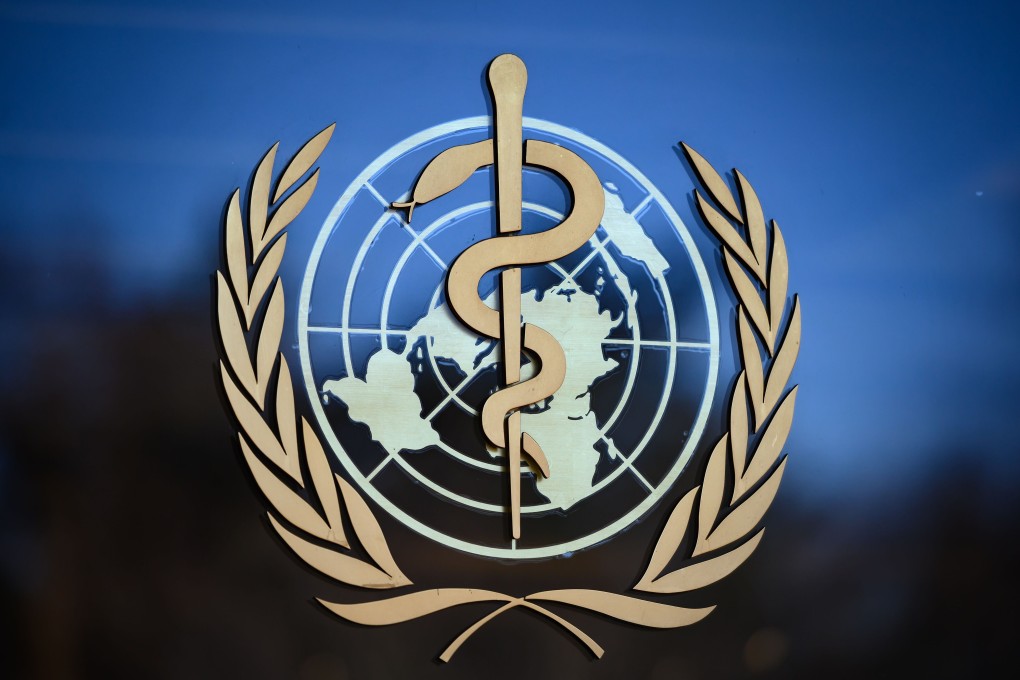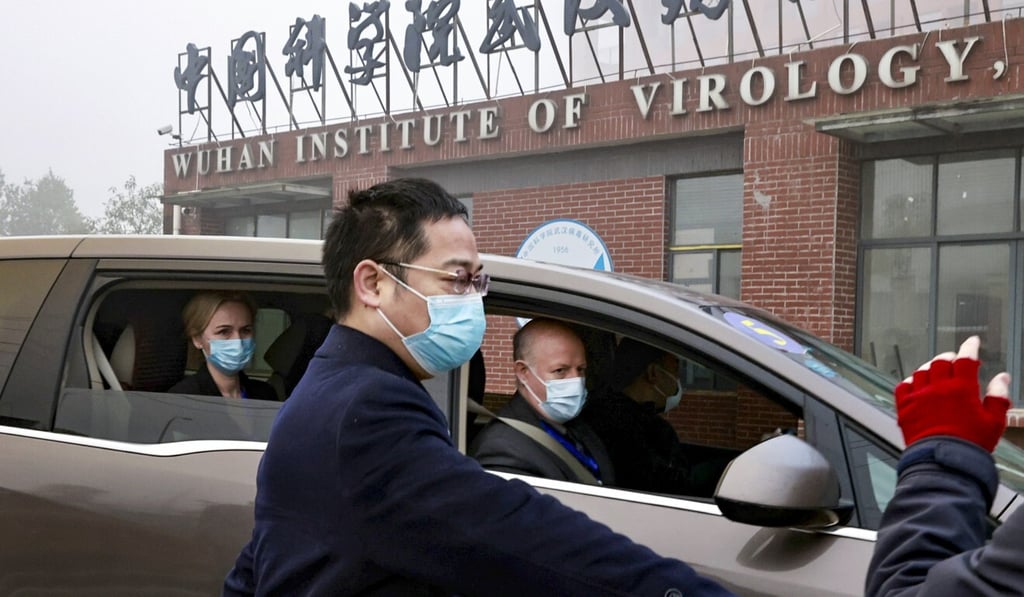Coronavirus: WHO experts say ‘clock is ticking’ for follow-up origins research
- Members of team that went to China earlier this year express frustration that next phase of investigation hasn’t started
- It comes as controversy over the Wuhan lab leak theory has hung over a meeting of the UN body’s member states this week

Three members of the WHO-backed team that took part in a scientific mission to China earlier this year have expressed frustration that the next phase of research has yet to begin.
“There’s such a huge amount of work we could do, but if we don’t get on with it as quickly as possible we do begin to lose the ability to do follow-up,” British-American disease ecologist Peter Daszak said during the This Week in Virologypodcast on Thursday.
Daszak was one of over a dozen international experts on the mission examining “phase one” research into how the virus that causes Covid-19 began spreading in Wuhan, where it was first identified in 2019. How the work will continue is up for discussion by health ministers at the World Health Assembly this week.

Another team member speaking alongside Daszak, Danish epidemiologist Thea Fischer, pointed to the fanning of a contentious theory that the virus could have escaped from a Wuhan laboratory as one factor slowing the launch of the next phase of work.